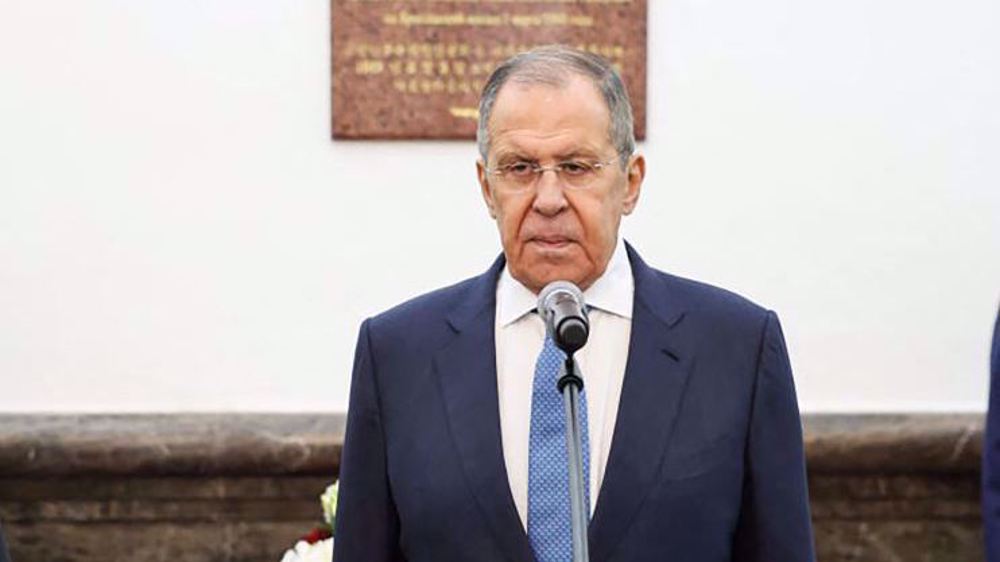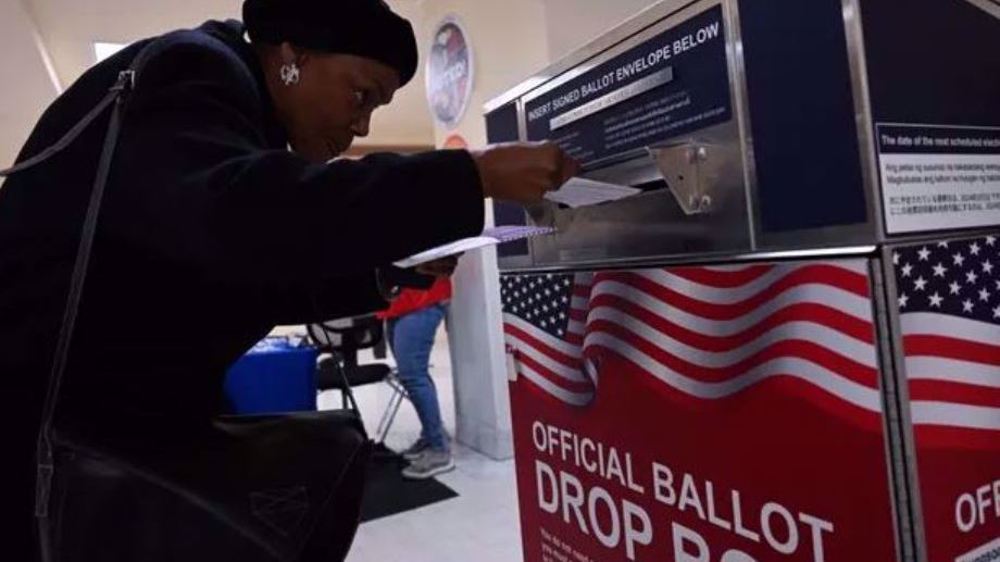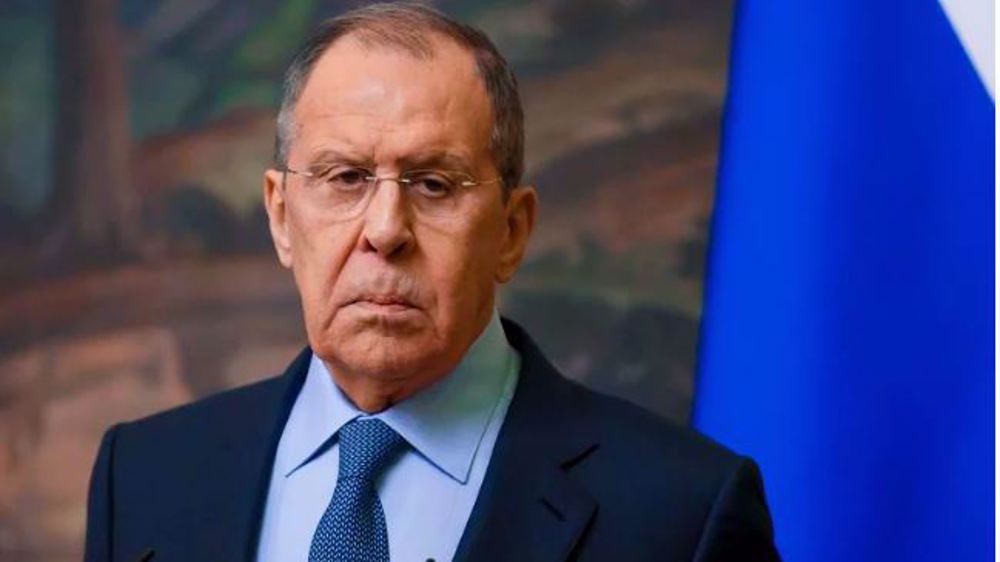Lavrov urges Europe to end 'geopolitical games' in terror fight
Russian Foreign Minister Sergei Lavrov has called on European countries to end their “geopolitical games” and join forces to fight terrorism following recent attacks in Brussels that killed 31 people.
Europe is facing its worst security crisis in decades after Tuesday's triple bombing in Brussels and November bomb and gun assaults in Paris that killed 130 people.
Russia's call to unite against terrorism comes amid a diplomatic push to end the five-year conflict in Syria, where the West backs militants fighting to topple President Bashar al-Assad, turning the country into a breeding ground for terrorists.
Some of those behind Paris and Brussels attacks are said to have fought in Syria in the ranks of Takfiri groups before returning to Europe.
The Syria conflict has killed hundreds of thousands, allowed Daesh to take control of some eastern areas and caused the world's worst refugee crisis.
“I hope that all Europeans, in the face of the terrible terrorism threat and in light of the Brussels terror acts, will put aside geopolitical games and unite in order not to allow terrorists to run the show on the continent,” Lavrov said on Wednesday.
He made the remarks during a meeting with his German counterpart Frank-Walter Steinmeier in Moscow, who visited to discuss Syria and other issues with Russian leaders.
The German Foreign Ministry said Steinmeier had an “open and constructive dialogue” with Russian President Vladimir Putin about the conflict in Ukraine and Syria peace efforts.
His visit came as US Secretary of State John Kerry touched down in the Russian capital ahead of talks with Putin and Lavrov on Thursday.
Relationship between Russia and the West has slipped to its lowest point since Crimea’s separation from Ukraine and reunification with Russia following a referendum in March 2014.

'Double standards'
Head of Russian parliament's foreign affairs committee Alexei Pushkov tweeted that while NATO Secretary General Jens Stoltenberg is “battling an imaginary Russian threat and stationing troops in Latvia, people are being blown up under his nose in Brussels.”
Russian Foreign Ministry spokeswoman Maria Zakharova also condemned “double standards” in the fight against terrorism.
The Kremlin said on Tuesday that “the fight against this evil (terrorism), calls for the most active international cooperation.”
A Russian jet on its way from Egypt's Sharm el-Sheikh resort to Saint Petersburg was brought down in October by a bomb, killing all 224 people on board in an attack claimed by the Egyptian-branch of Daesh.
EU talks with Syrian government
On Thursday, Syrian government forces were poised to launch an assault to retake the Daesh-held city of Palmyra as EU foreign policy chief Federica Mogherini held a rare meeting in Geneva with Syria’s Ambassador to the UN Bashar Ja’afari.
Speaking to reporters, Mogherini said the EU insists on a political solution in Syria as part of efforts to end the conflict, breaking from a long-held position that President Assad must go.
“Obviously not all our exchanges were consensual. But I thought it was important to bring the EU consolidated position that we expect the political process and transition to start,” she said.
“This is important not only for Syrians but also for Europeans that this process starts, works and delivers for the sake of the Syrians, for the sake of the region, for the sake of the Europeans and for the sake of the international community,” Mogherini added.
Ja’afari said he was given a proposal by UN Special Envoy for Syria Staffan de Mistura, adding Damascus would study the suggestion and respond to it during the next round of talks, tentatively scheduled for April.
De Mistura also met Mogherini after which he said a political solution in Syria is needed to defeat terrorism.
"The priority of the priorities is that to win (over) the terrorism you have to find a political solution in Syria," he said.
"So the ball goes back to those who have been complaining about terrorism, saying what about all of you helping us to solve politically the crisis in Syria and you will see that suddenly we will be able all to focus on Daesh and by doing so helping both Syria and Europe."
Activists and diplomats said de Mistura's document will synthesize common points of convergence and will likely stay clear of the divisive issue of political transition.
Government officials have rejected any discussion on a political transition or the fate of President Assad, who opposition leaders say must go as part of any such plan.
Israeli forces kill 7 more Palestinians in West Bank
Israel’s Netanyahu dismisses military affairs minister Gallant
Hezbollah attacks turn Israel’s Haifa into a ghost town
Iran’s FM meets Pakistani PM, discusses bilateral ties, Israeli atrocities
Iran ramps up gasoline output amid rising demand
UK foreign secretary under pressure over denial of genocide in Gaza
VIDEO | Press TV's news headlines
Hezbollah bombards explosives factory in occupied territories















 This makes it easy to access the Press TV website
This makes it easy to access the Press TV website